Table of Contents
How Weather Impacts Garage Doors
Your garage door isn’t just a functional part of your home, it’s also the largest moving object on your property, and it’s constantly exposed to the elements. Whether you live in a coastal area like San Diego, or a region with extreme seasonal changes, the weather can significantly affect the performance, appearance, and Lifespan Of Your Garage Door.
In this post, we’ll explain how weather impacts your garage door, common signs of damage to watch for, and practical steps you can take to protect your investment year-round.
1. Coastal Weather: Salt Air and Humidity
Living near the coast comes with many perks, but it also exposes your garage door to salt-laden air, humidity, and moisture, all of which can be damaging over time.
Problems caused by salt air:
- Corrosion of metal parts like Springs, hinges, Tracks, and Rollers
- Peeling or bubbling paint and finish on metal or wood doors
- Warping of wooden panels from moisture exposure
What you can do:
- Choose galvanized or stainless steel components to resist corrosion
- Repaint or reseal your garage door every 1–2 years with weatherproof coatings
- Rinse the exterior of your garage door with fresh water monthly to remove salt buildup
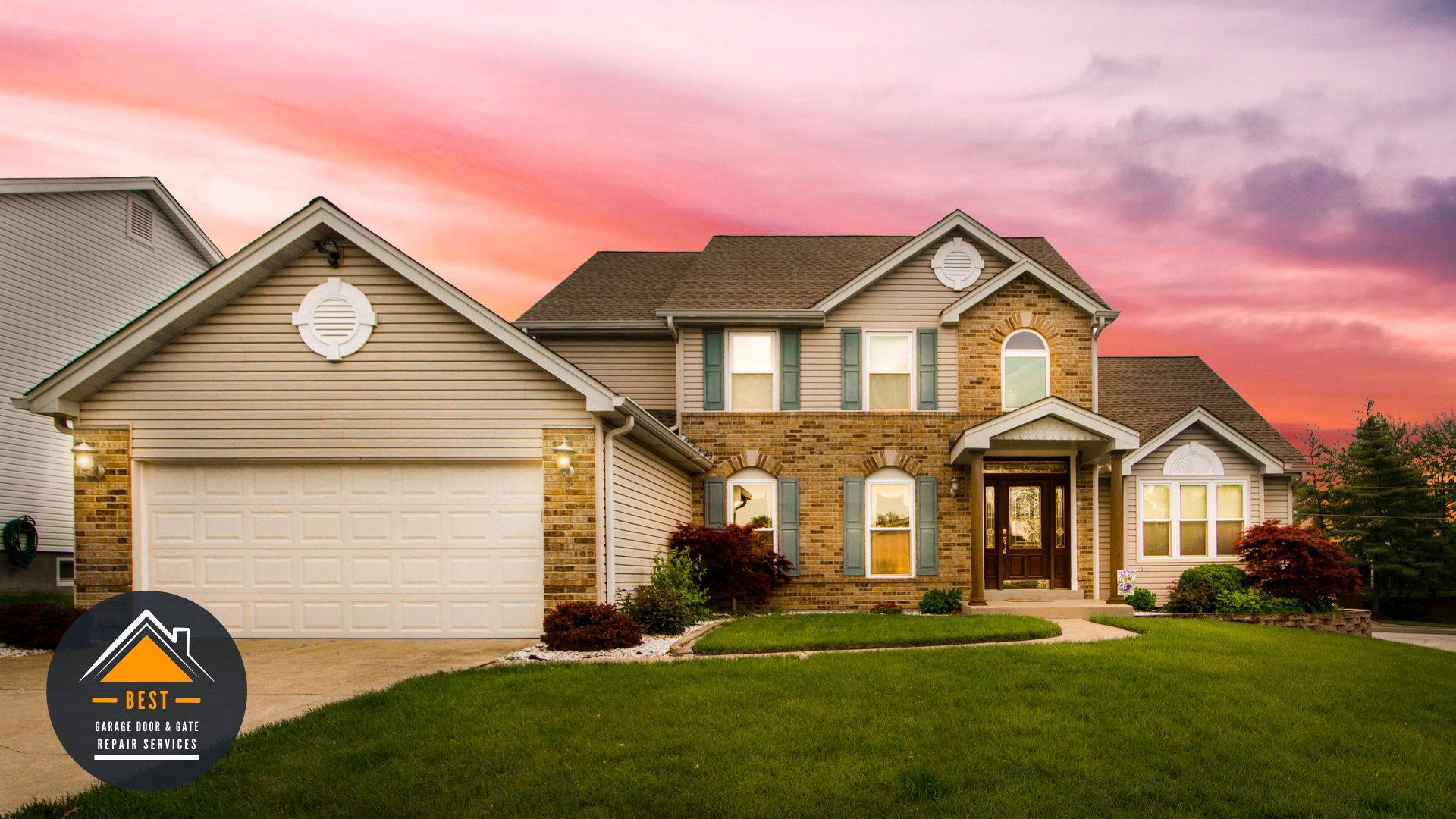
Coastal Weather Salt Air and Humidity
2. Heat and Sun Exposure
In warmer climates like Southern California, prolonged sun exposure and high temperatures can take a toll on both the mechanical and aesthetic aspects of your garage door.
Heat-related issues:
- Fading paint or discoloration on wood or steel doors
- Expansion of metal parts, which can affect alignment and operation
- Drying or cracking of weather seals, leading to energy loss and pest entry
What you can do:
- Use UV-resistant paint or finishes to preserve appearance
- Inspect and replace weather stripping every year
- Schedule regular maintenance to ensure the door opens and closes smoothly, even during peak summer heat
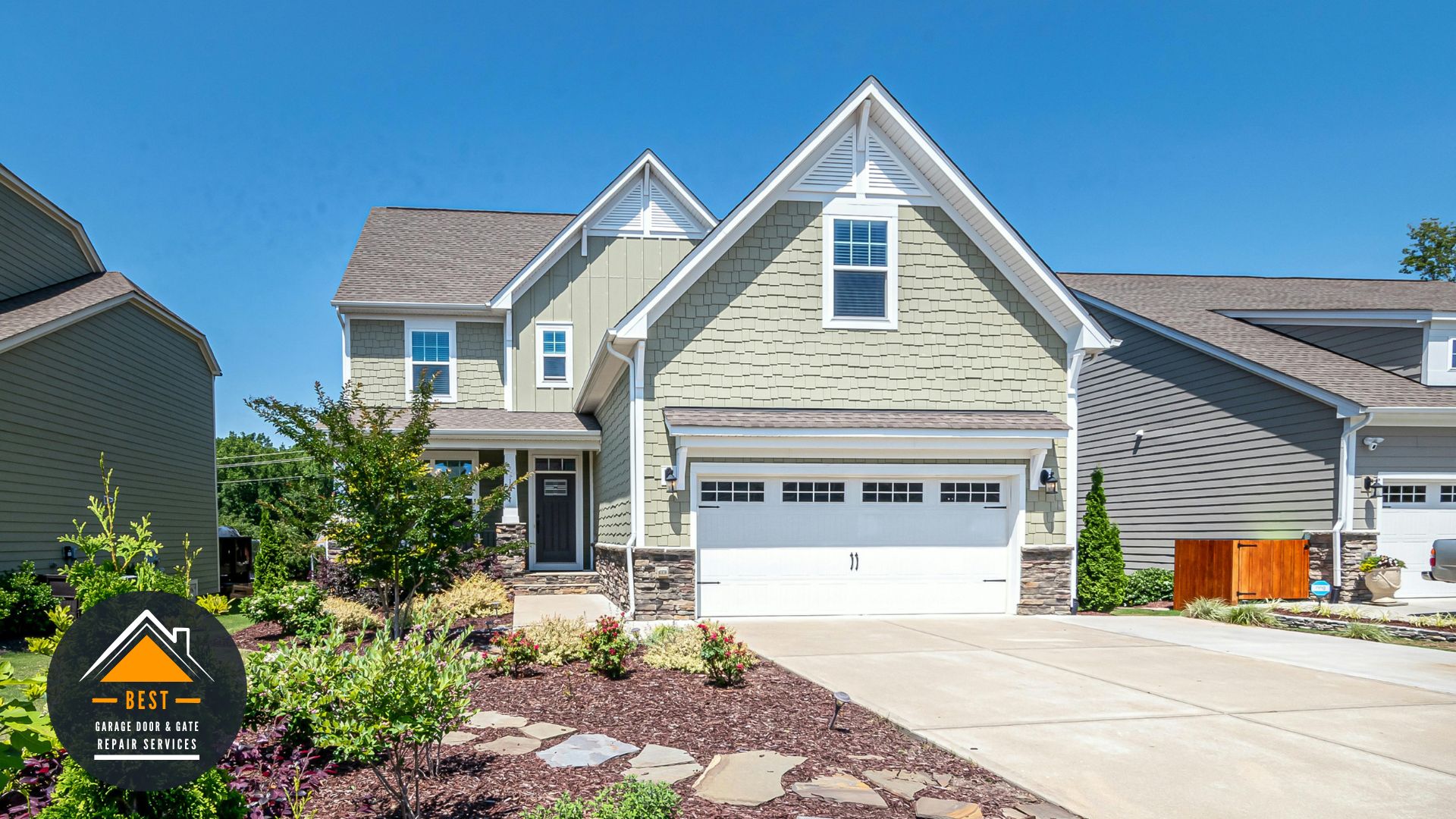
Heat and Sun Exposure
3. Cold Weather and Freezing Conditions
Even if you’re not in a snow-heavy region, cold snaps and overnight freezing can still cause mechanical problems in your garage door system.
Cold weather effects:
- Hardened or brittle lubricant, causing parts to stick or squeak
- Contraction of metal, which can throw off door balance or alignment
- Frozen garage door seals, especially at the bottom of the door
What you can do:
- Use garage door lubricants rated for cold temperatures
- Install insulated garage doors or panels to maintain better temperature control
- Avoid manually forcing the door open if it’s frozen shut, call a professional instead
4. Heavy Rain and Moisture
While most garage doors are designed to handle occasional rain, heavy or prolonged rainfall can introduce long-term problems, especially if your door or seals are already compromised.
Rain-related damage:
- Water infiltration into the garage, leading to mold or damage to stored items
- Rusting of steel doors and components
- Warping or rotting of wooden garage doors
What you can do:
- Ensure your garage door has a proper seal and threshold at the bottom
- Keep drainage areas around the door clear
- Opt for composite or moisture-resistant materials if you’re installing a new door
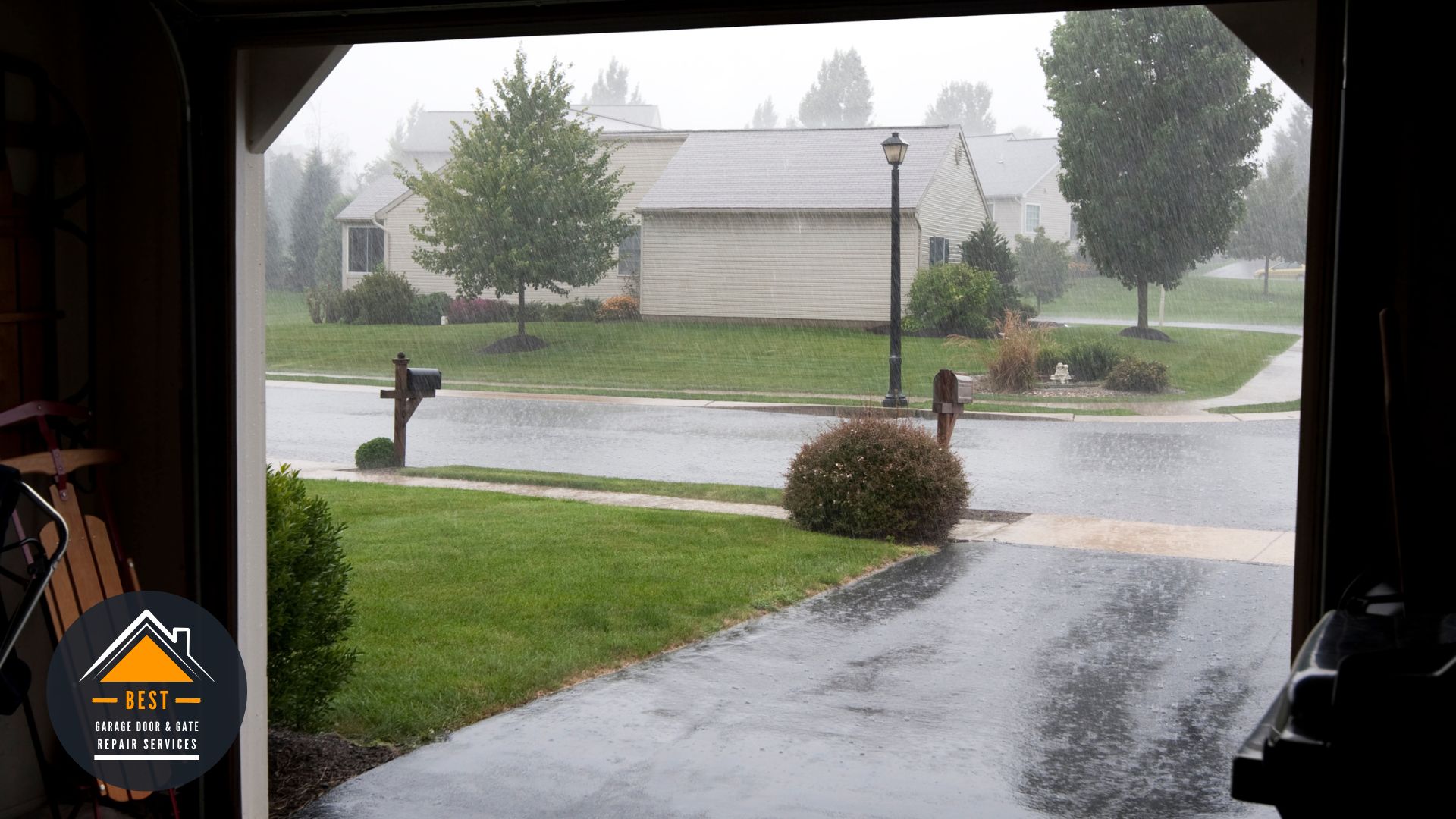
Heavy Rain and Moisture
5. Wind and Storm Damage
Strong winds can rattle, bend, or even tear your garage door off its tracks, especially during seasonal storms or high wind events.
Wind-related concerns:
- Bent panels or tracks
- Broken torsion springs or rollers
- Debris impact damage
What you can do:
- Reinforce your garage door with a wind-load reinforcement kit
- Install impact-rated doors if you live in an area prone to high winds
- Trim nearby trees and secure loose items that could fly into the door
Preventative Maintenance: Your Best Defense
The best way to minimize weather-related wear and tear is to schedule regular garage door maintenance, especially before seasonal transitions. A professional technician can:
- Lubricate all moving parts
- Tighten hardware
- Inspect for corrosion, warping, or alignment issues
- Test the auto-reverse safety feature
This small investment in routine care can help you avoid expensive repairs and extend the life of your garage door by years.
Final Thoughts
Whether it’s sun, salt air, wind, or rain, weather is one of the most common causes of garage door damage. As a homeowner, being aware of these risks and taking proactive steps can save you from costly repairs and inconvenience.
If you live in a coastal area like San Diego, it’s especially important to choose durable, weather-resistant materials and schedule regular inspections.
Need help weatherproofing or repairing your garage door?
Contact Us today for expert Garage Door Maintenance and protection services in your area.


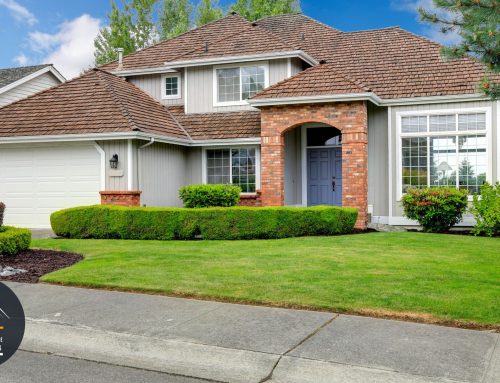
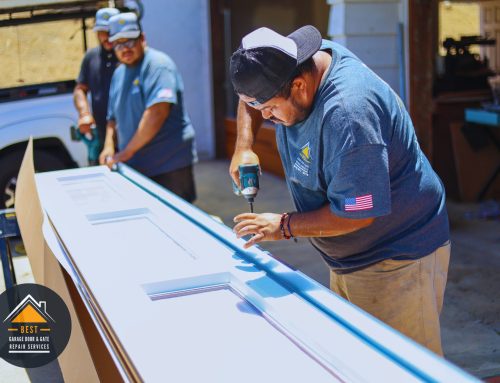


Leave A Comment